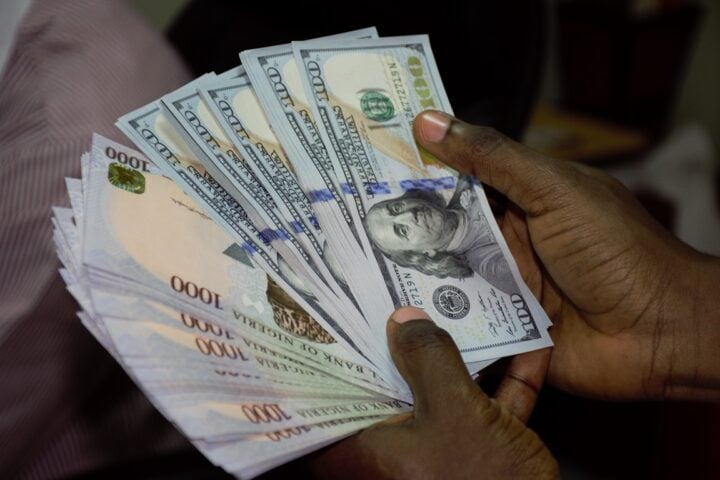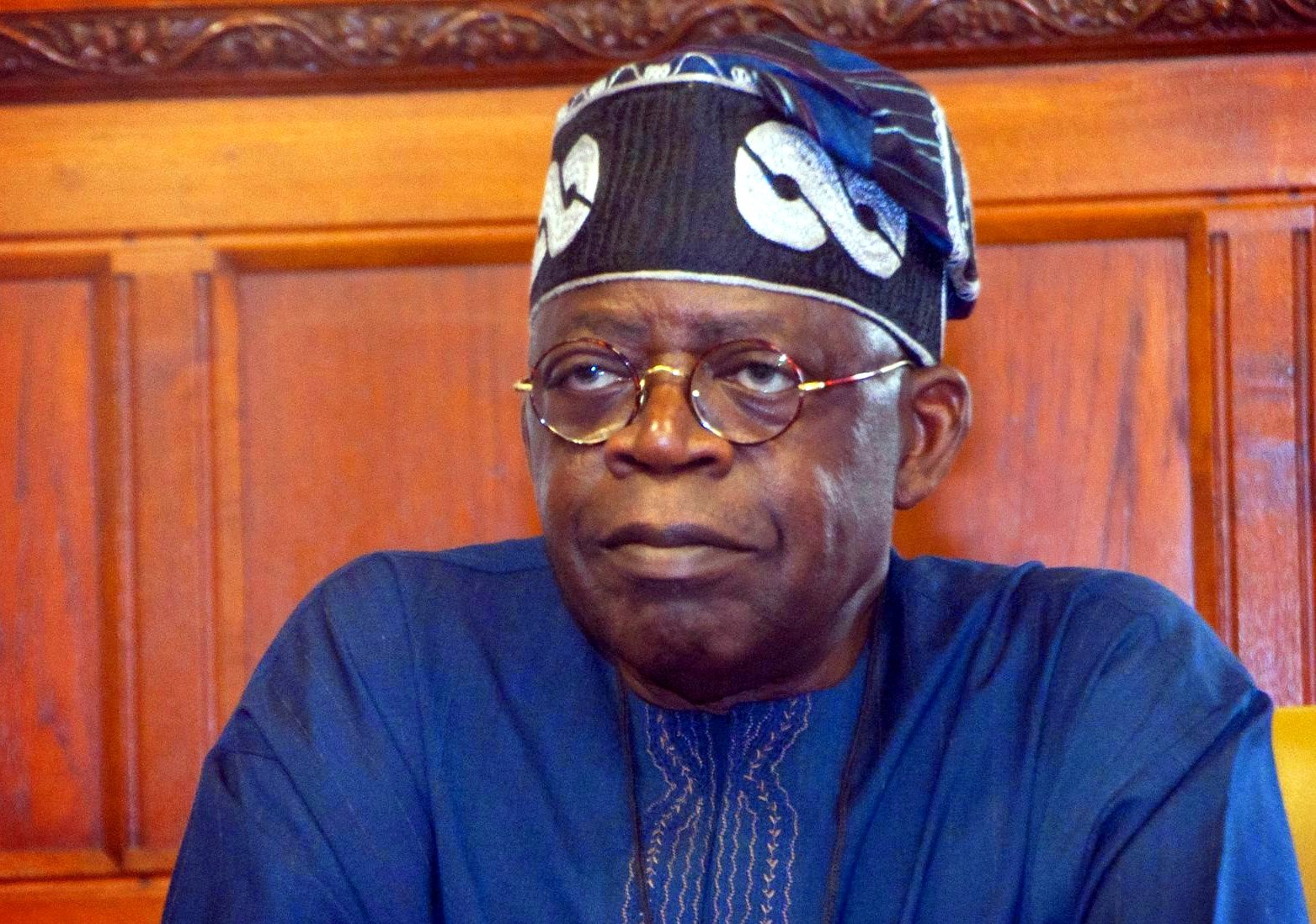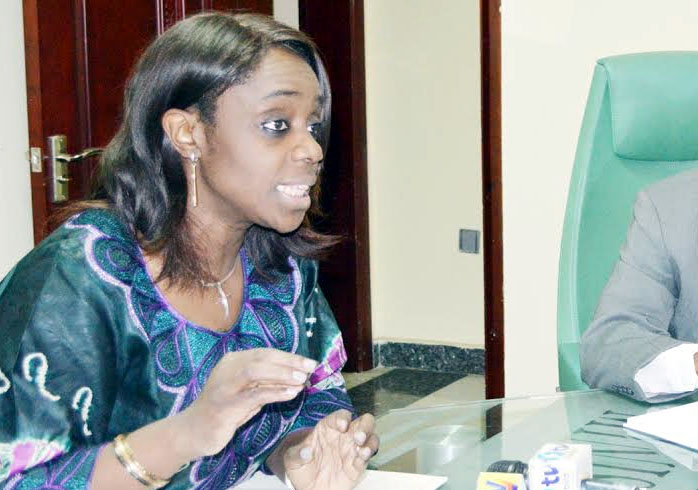The Nigerian naira fell to 423 against the dollar at the parallel market on Wednesday, after the National Bureau of Statistics announced an official recession in the economy.
The naira opened at 418/$1 on the day, but slipped to 423 after the NBS announced the worst economic recession in 29 years.
The Euro and British pound traded at N461 and N535 at the parallel market, while the official market remained relatively unchanged.
Lukman Otunuga, FXTM research analyst, said the recession has brought about an undeniable feeling of disappointment in the economy, affecting the naira.
Advertisement
“An undeniable feeling of disappointment engulfed the Nigerian economy on Wednesday following the 2.06% contraction in the second quarter GDP which confirmed that the nation had descended into a technical recession,” he said.
“The signs of an imminent slowdown were already visible with the Central Bank of Nigeria’s reserves falling to 19 billion as the nation struggled to support its local currency.
“While Naira’s vulnerability was highly expected following the official floatation, external risks such as a resurgent Dollar has accelerated the devaluation of the local currency consequently pressuring the nation further.
Advertisement
“With inflation and unemployment hovering around worrying levels, the CBN has been placed under immense pressure to act which may weigh on investor sentiment.
“While the News of Nigeria entering a recession may be painful, this should be no surprise as the incessant declines in oil prices have punished heavily oil export nations with Nigeria being no exception.”
Otunuga said the weakness of the naira may do good to Nigeria by attracting more foreign investors into the economy.
“Although sentiment towards Nigeria remains bearish, it should be kept in mind that the blueprint to diversify and break away from the curse of oil reliance is already in process,” he said.
Advertisement
“The government has already approved a conservative three-year budget with plans to reinforce infrastructure, services, manufacturing and agriculture are in place. Naira’s weakness may attract foreign investors in the future which could ultimately uplift overall GDP.
“Nigeria is undergoing a major structural change and although there is a risk of extended periods of low growth, this transition could be something which exceeds all expectations.”
Add a comment







